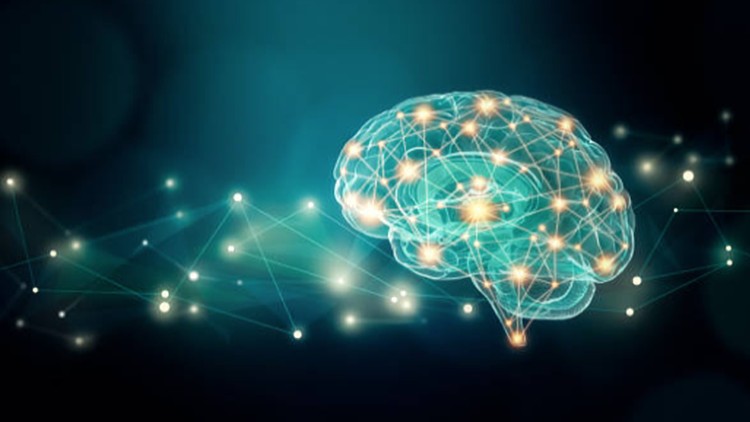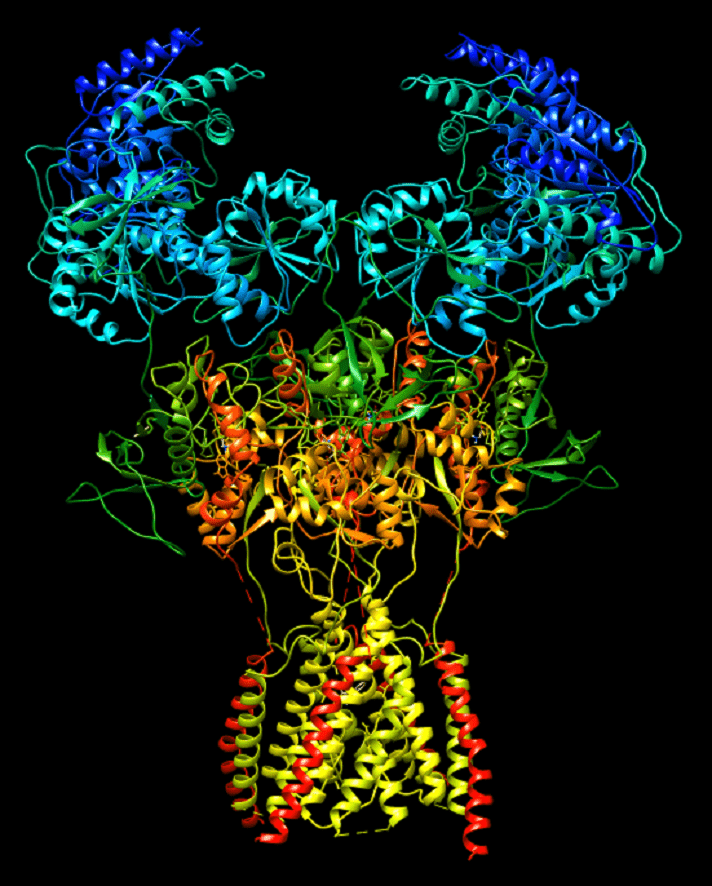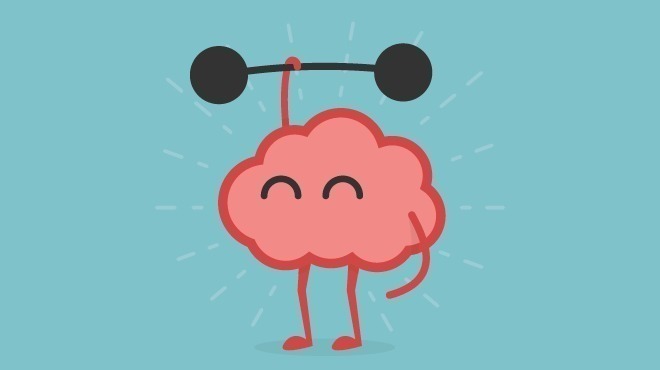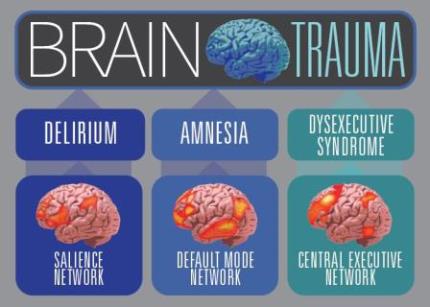Posts Tagged ‘Cognitive Neuroscience’
Next: Harnessing Neuroplasticity, Medication AND Psychotherapy to treat mental health conditions
There is mounting recognition in the scientific community that combining different treatment approaches for mental health conditions can create a benefit greater than the sum of its parts. As a clinical psychologist and neuroscience researcher, I have been working to integrate insights from both fields to expand treatment options for those suffering from depression, anxiety and…
Read MoreStudy identifies cognitive benefits of ketamine in patients with treatment-resistant depression
Which factors determine what we believe about our world, ourselves, our past, and our future? Cognitive neuroscience suggests that our beliefs are dependent on brain activity, specifically on the way our brains process sensory information in order to make sense of our environment. These beliefs (defined as probability estimates) are central to our brain’s predictive…
Read MoreA few slow-paced breaths are enough to significantly reduce physiological stress
Welcome to a new edition of SharpBrains’ e‑newsletter, sharing important brain & mental health news plus a couple fun brain teasers to test your mental self-rotation skills. #1. Study: Education and lifestyle helped over a million older Americans avoid serious cognitive problems in 2017 Let’s kickstart 2022 with some good news: “The prevalence of serious cognitive…
Read MoreFinal reminder: Professional development opportunity with neuropsychologist Dr. Elkhonon Goldberg
__________ We are pleased to share a fantastic professional development opportunity offered by the Luria Neuroscience Institute and featuring renowned neuropsychologist Elkhonon Goldberg, Ph.D., ABPP.
Read MoreStarting next week: Two great professional development opportunities with renowned author and neuroscientist Dr. Elkhonon Goldberg
__________ Pleased to announce two fantastic professional development opportunities offered by the Luria Neuroscience Institute and featuring renowned author and neuropsychologist Elkhonon Goldberg, Ph.D., ABPP.
Read MoreScientists issue a call to action for TBI patients to benefit from latest neuroscience findings
. Brain-injured patients need therapies based on cognitive neuroscience (U. Illinois press release): “Patients with traumatic brain injuries are not benefiting from recent advances in cognitive neuroscience research — and they should be, scientists report in a special issue of Current Opinion in Behavioral Sciences.
Read More




